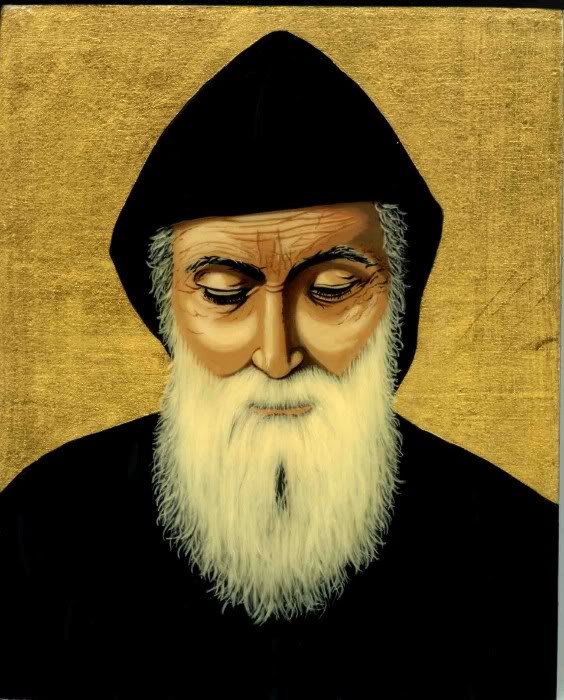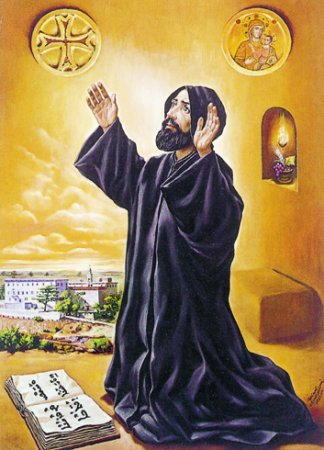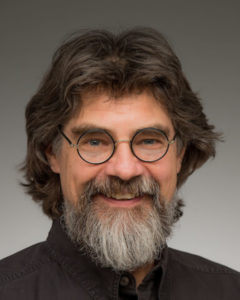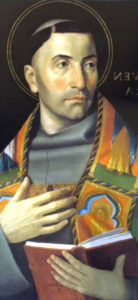Podcast: Play in new window | Download (Duration: 29:44 — 20.5MB) | Embed
Subscribe: Apple Podcasts | Spotify | Amazon Music | Android | Pandora | iHeartRadio | JioSaavn | Podchaser | Gaana | Podcast Index | Email | TuneIn | Deezer | Anghami | RSS | More

Letter 214, Pt. 2 – The Letters of St. Elizabeth of the Trinity – Beginning to Pray with Dr. Anthony Lilles
Dr. Anthony Lilles and Kris McGregor explore the misconception that spiritual experiences must always feel comforting or consoling and address the deeper, often challenging experiences of divine encounters, emphasizing that God’s presence can be felt even in suffering and discomfort, using Letter 214 from St. Elizabeth of the Trinity. In this letter, St. Elizabeth encourages her seminarian friend to embrace humility and the spirit of sacrifice, associating these virtues with the passion of Christ.
Dr. Lilles explains that while God does console, He also uses different forms of comfort to draw believers into a deeper relationship with Him, sometimes through suffering. This idea is crucial for understanding St. Elizabeth’s writings, where she speaks about a love for suffering not for its own sake but as a means of union with Christ’s salvific work.
This path requires trust in God’s plan and a willingness to be vulnerable. True spiritual humility and suffering are not about self-aggrandizement or seeking pain but about offering oneself out of love for God and others. This approach leads to a deeper communion with Christ, transforming personal suffering into a source of grace and solidarity with the suffering of others.
Discerning Hearts Reflection Questions
- The Nature of Consolation in Prayer: How do we discern authentic consolations from God in our prayer life, especially when they do not come in expected forms?
- Embracing Suffering with Christ: What does it mean to love suffering in union with Christ, and how can we offer our own suffering for the salvation of others?
- The Role of Humility and Sacrifice: How do humility and the spirit of sacrifice enhance our spiritual journey and deepen our relationship with God?
- The Precious Blood of Christ: Why is the devotion to the Precious Blood of Christ significant, and how does it transform our understanding of redemption and suffering?
- Holy Communion and Solidarity: How does receiving Holy Communion draw us into deeper solidarity with the suffering and marginalized?
- Trusting in God’s Love: How can we deepen our trust in God’s love and providence, especially during times of suffering and trial?
- Responding to God’s Gift of Self: In what practical ways can we respond to God’s gift of Himself by living a life of self-giving love?

Letter 214
To Abbé Chevignard
[November 29, 1904]J. M. + J. T.
“Providebam Dominum in conspectu meo semper; quoniam a dextris est mihi, ne commovear.”
Monsieur l’Abbé,
I am very grateful to you for your feastday wishes, and I am very happy the Church has placed our saints so close to each other, because that gives me the chance to offer you my best wishes today. Saint Augustine says that “love, forgetful of its own dignity, is eager to raise and magnify the beloved: it has only one measure, which is to be without measure.” I am asking God to fill you with that measure without measure, which is to say, according to the “riches of His glory,” that the weight of His love may draw you to the point of happy loss the Apostle spoke of when he wrote “Vivo enim jam non ego, vivit vero in me Christus.” That is the dream of my Carmelite soul and, I believe, also the dream of your priestly soul. Above all it is the dream of Christ, and I ask Him to accomplish it fully in our souls. Let us be for Him, in a way, another humanity in which He may renew His whole Mystery. I have asked Him to make His home in me as Adorer, as Healer, and as Savior, and I cannot tell you what peace it gives my soul to think that He makes up for my weaknesses and, if I fall at every passing moment, He is there to help me up again and carry me farther into Himself, into the depths of that divine essence where we already live by grace and where I would like to bury myself so deeply that nothing could make me leave. My soul meets yours there and, in unison with yours, I keep silent to adore Him who has loved us so divinely.
I unite myself to you in the emotions and profound joys of your soul as you await ordination and beg you to let me share in this grace with you: each morning I am reciting the Hour of Terce for you so the Spirit of love and light may “come upon” you to bring about all His creative work in you. If you would like, when you recite the Divine Office we could unite in the same prayer during this Hour that I have a particular devotion to. We will breathe in love11a and draw it down on our souls and on the whole Church.
You tell me to pray that you may be granted humility and the spirit of sacrifice. In the evening, while making the Way of the Cross before Matins, at every outpouring of the Precious Blood I used to ask for this grace for my own soul; from now on it will also be for yours. Don’t you believe that, to achieve the annihilation, contempt of self, and love of suffering that were deep in the souls of the saints, we must gaze for a very long time at the God crucified by love, to receive an outflowing of His power through continual contact with Him? Père Vallée once said to us that “martyrdom was the response of any lofty soul to the Crucified.” It seems to me that this could also be said for immolation. So let us be sacrificial souls, which is to say, true in our love: “He loved me, He gave Himself up for me!” A Dieu, Monsieur l’Abbé. Let us live by love, by adoration, by self-forgetfulness, in wholly joyful and confident peace, for “we are Christ’s, and Christ is God’s”! . . .
Sister M. Elizabeth of the Trinity r.c.i.
On the 8th, we are going to give our Immaculate Mother and Queen a beautiful feast day in our souls; I will meet you under her virginal mantle.”
Catez, Elizabeth of the Trinity. The Complete Works of Elizabeth of the Trinity volume 2: Letters from Carmel (pp. 179-180). ICS Publications. Kindle Edition.
We would like to thank Miriam Gutierrez for providing “the voice” of St. Elizabeth for this series
For other episodes in the series visit the Discerning Hearts page for Dr. Anthony Lilles
Anthony Lilles, S.T.D., has served the Church and assisted in the formation of clergy and seminarians since 1994. Before coming to St. Patrick’s, he served at seminaries and houses of formation in the Archdiocese of Denver and the Archdiocese of Los Angeles. The son of a California farmer, married with young adult children, holds a B.A. in theology from the Franciscan University of Steubenville with both the ecclesiastical licentiate and doctorate in spiritual theology from the Pontifical University of Saint Thomas Aquinas in Rome (the Angelicum). An expert in the writings of St. Elizabeth of the Trinity and the Carmelite Doctors of the Church, he co-founded the Avila Institute for Spiritual Formation and the High Calling Program for priestly vocations. He also founded the John Paul II Center for Contemplative Culture, which hosts symposiums, retreats, and conferences. In addition to his publications, he blogs at www.beginningtopray.com .














